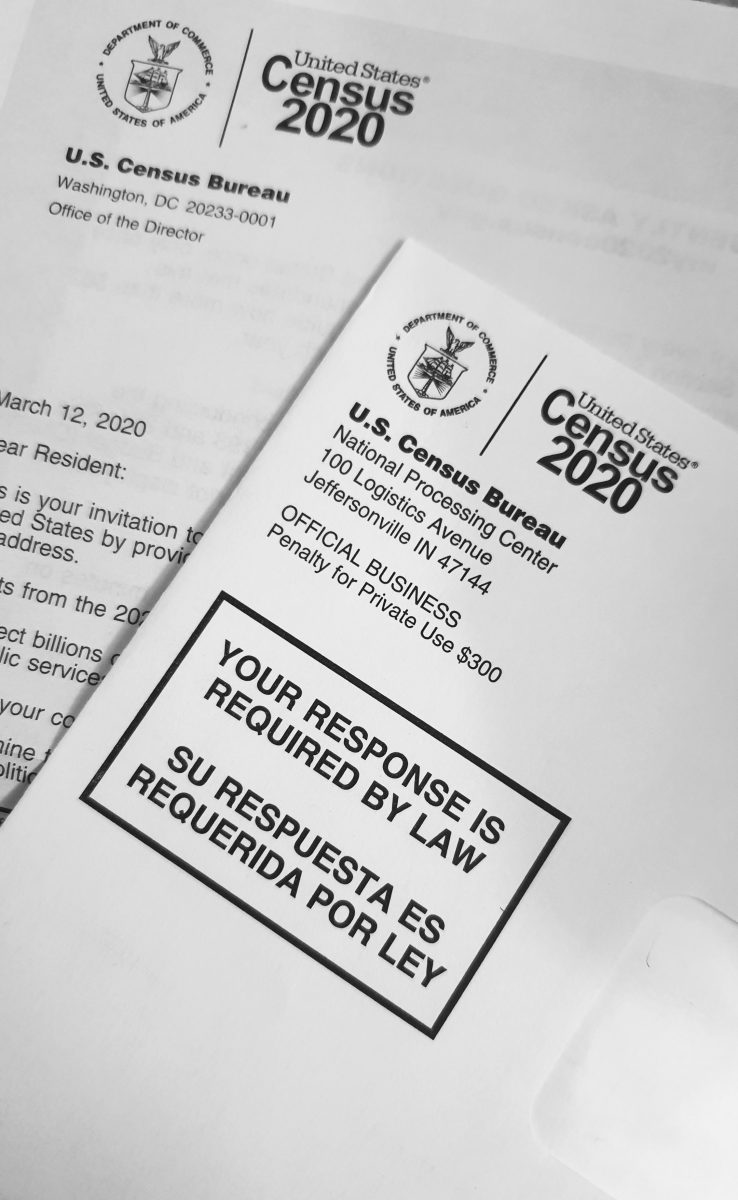The US Census: Why is it important?
3/25/20 / Kate Darwent

Usually the Decennial Census is an exciting time for survey nerds. First, we get a wealth of new population data to use for our projects. Additionally, we learn how well any new data collection methods used by the Census worked. Plus, it’s just a really impressive survey effort. It’s available in more than 50 languages!
But beyond helping with survey methods, why is the Census so important? Sure, it’s nice to know how many people live in an area, but is it that critical? Actually, the Census provides invaluable data that determines all sorts of things, from Congressional representation to federal funding. Many organizations from all different sectors (e.g., private businesses, public government, local nonprofits, etc.) use Census data to plan. For example, it can help people decide whether a new elementary school should be built in a neighborhood, whether a new store would likely thrive in a new location, whether you should offer your programming in another language at your nonprofit, etc.
However, even before COVID-19 was ramping up in the US, the Census was already a bit behind in preparing for the Decennial Census. The printing was initially delayed, and they also were behind in their hiring goals for Census workers. But now COVID-19 has thrown a huge wrench in how the Census normally collects data, which might impact its accuracy. For example, normally college students are counted in their dorms, but with a significant portion of them finishing the year via online classes, the Census has had to change their approach. Additionally, the Census normally sends field workers to the homes of people who have not responded to the mailings. So far, those operations are suspended through the end of the month, and they may need to be delayed further.
Ironically, one unfortunate consequence of having a less accurate Census is that those data are used during emergencies to plan responses and assess the impact of an emergency. For example, FEMA uses data from the Census to help coordinate resources during a disaster. Census data can also provide information about a population that is useful during a disaster, such as whether a significant proportion of them are Spanish speakers. Additionally, the Census can give us some sense of whether people have returned to an area after a disaster. In the past, it has helped us assess whether people were returning to New Orleans after Katrina. So if this year’s Census is less accurate, it may make it harder to measure the impact of COVID-19 on different parts of the country or it may be less useful for coordinating resources in a future emergency.
One small bright spot is that the Census was already attempting to collect a large portion of their responses through their website. They sent out invitations that included a website and a unique code that allow you to login and respond. Obviously, this does not solve the problem for individuals without internet. But if enough people who have internet respond online, then the Census can come up with a more targeted plan for the remaining people. If you have not filled out the Census for your home yet, we encourage you to do it! It took me less than 10 minutes to fill mine out.
